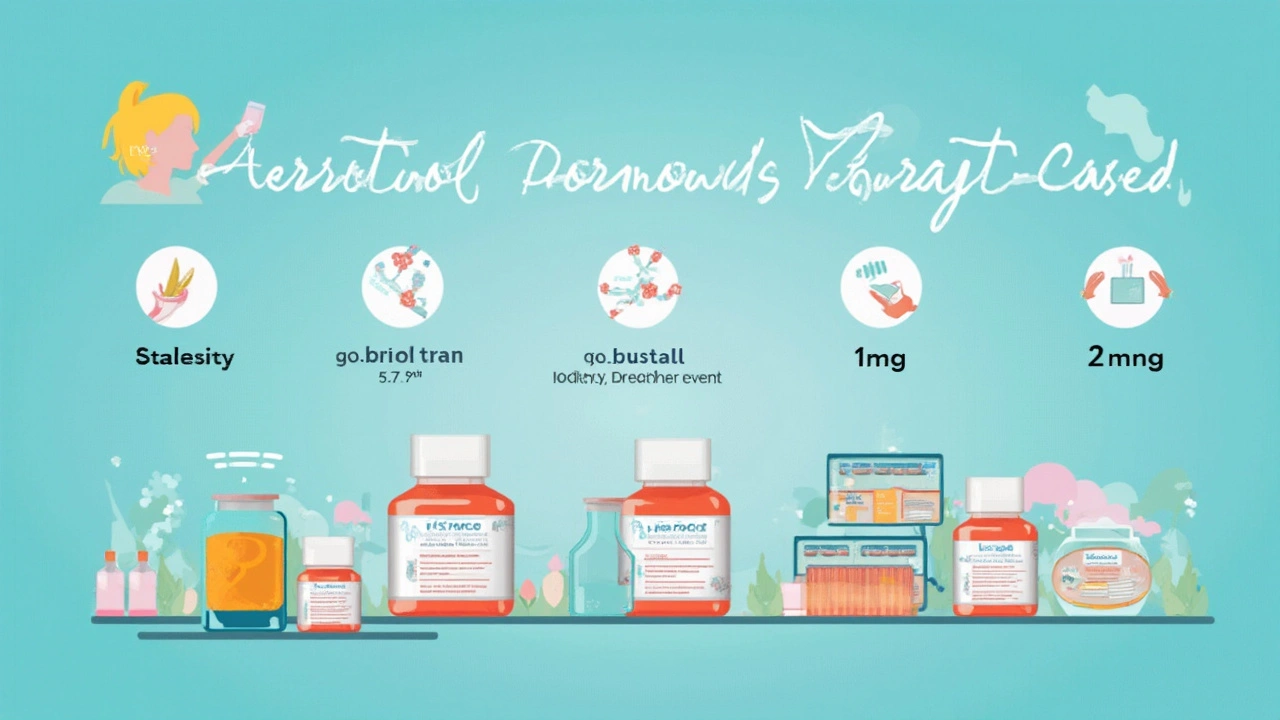Ever felt off‑balance, tired, or dealing with weird symptoms that just won’t go away? Chances are your hormones might be out of sync. Hormone therapy (HT) is a medical approach that adds, blocks, or tweaks hormones to bring things back to normal.
Doctors use HT for a range of reasons: menopausal symptoms, low testosterone, thyroid issues, or even certain cancers. The goal isn’t to “boost” you beyond normal levels but to restore the balance your body needs to feel its best.
There are a few major families of HT, each targeting a different hormone:
Delivery methods vary: pills, patches, gels, injections, or even implants under the skin. Your choice will depend on how steady you need the dose, convenience, and any side‑effects you’re worried about.
When HT works, you’ll notice smoother sleep, steadier mood, better focus, and less hot‑flash drama. For men, it can mean stronger workouts and improved sexual health. Women often report thicker hair, less vaginal dryness, and a lower risk of osteoporosis.
But it’s not a free‑for‑all. Some people experience breast tenderness, mild weight gain, or headaches. Rarely, estrogen therapy can increase clot risk, so doctors check your history and may run blood work before starting.
Monitoring is key. Expect follow‑up appointments every few months at first, then maybe once a year. Blood tests will confirm your hormone levels are in the target range and catch any issues early.
If you’re curious about hormone therapy, the first step is a chat with your primary care doctor or an endocrinologist. Bring a list of symptoms, any medications you’re already taking, and questions about delivery options. A solid plan will balance benefits with safety, keeping you in control of your health.
Bottom line: hormone therapy isn’t a one‑size‑fits‑all miracle, but for many it’s the missing piece that restores energy, mood, and overall well‑being. Talk to a professional, weigh the pros and cons, and decide what feels right for your body.

Navigating the world of Estrace can be a bit daunting, but finding great deals doesn't have to be. Useful for hormone therapy, Estrace is a trusted solution, especially for those tackling menopause symptoms or estrogen deficiencies. Exploring reputable sources for affordable options is essential. This guide dives into dosages, side effects, and tips for securing the best prices.
read more